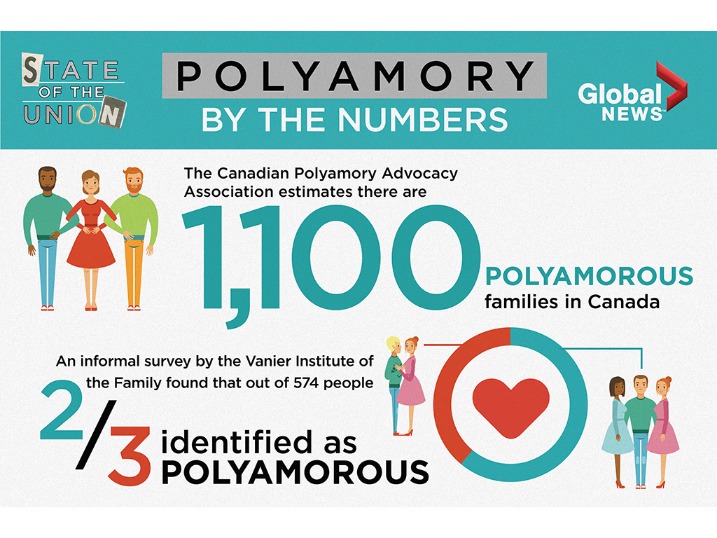Thriving in a co-parenting relationship can be challenging. It requires communication, empathy, and mutual respect. Unfortunately, not all co-parenting experiences are positive. Instances of harassment by a co-parent can create an unhealthy environment for both the parents and children involved.
What Constitutes Co-Parenting Harassment?
Co-parenting harassment occurs when one parent engages in behaviors that are intended to intimidate, belittle, or control the other parent. This can include:
- Sending frequent, aggressive, or derogatory messages.
- Making false accusations or spreading rumors.
- Interfering with the other parent’s custody time.
- Monitoring or stalking activities.
The impacts of such actions can severely affect the mental and emotional well-being of both the affected parent and the children involved.
Recognizing Parental Harassment
It’s crucial to recognize the signs of parental harassment early. Here are some red flags:
- Consistent Negative Communication: If the majority of interactions with your co-parent are negative or hostile.
- Unnecessary Monitoring: If there is an attempt to control or excessively question your activities.
- Impact on Children: If your children express discomfort or avoid interactions due to parental tensions.
What to Do If You Are Experiencing Harassment
Handling harassment by a co-parent can be emotionally draining, but there are steps you can take to protect yourself and your children:
- Set Clear Boundaries: Communication should be concise and related to the children’s needs.
- Document Everything: Keep records of communication and incidents related to harassment.
- Seek Legal Advice: Contact a lawyer to understand your options and rights.
- Prioritize Self-Care: Take care of your mental and emotional health through counseling or support groups.
If you want more detailed information on how to identify and manage co-parent harassment, consider exploring resources available from experts.
FAQs: Co-Parenting Harassment
Q: What legal actions can I take against a harassing co-parent?
A: Options include seeking a restraining order or modifying custody arrangements. Consulting with a family law attorney can provide specific guidance.
Q: How does harassment affect children?
A: Children exposed to ongoing parental conflict may experience anxiety, behavioral changes, and difficulties in their relationships.
The landscape of co-parenting can be difficult to navigate, especially when faced with harassment. Understanding what constitutes as harassment and knowing your options for dealing with it is vital for the welfare of both the parents and children involved.




Leave a Reply